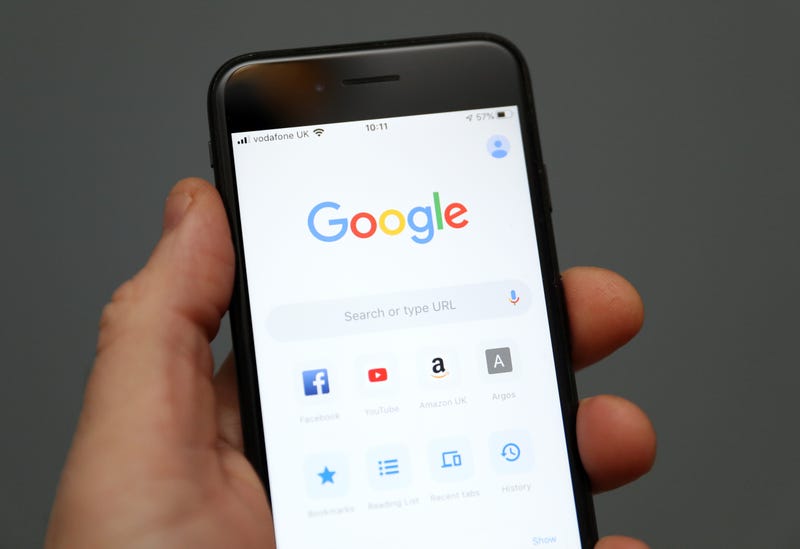
PHILADELPHIA (KYW Newsradio) — Google has started to eliminate third-party cookies on its Chrome internet browser. But who really benefits from the change — the consumer, or the company?
Third-party cookies track user information and can be used by advertisers to better target consumers.
For instance, if you were shopping on a website that gave an outlet like Facebook permission to read their cookie, the next time you open Facebook, an advertisement for something you looked up or bought will appear.
While some people are relieved about this change, the marketing industry is a bit distraught.
“It's a pretty big deal. A lot of people in the marketing industry are saying it's like the sky is falling. Like, their whole approach to marketing is gonna have to change, and that's a little bit true, but I actually personally believe it's gonna get us to a better place,” said Dr. Elea Feit, associate dean for Research and associate professor of Marketing at Drexel University's LeBow College of Business.
While third-party cookies are on their way out, first-party cookies, the cookies Google has direct access to and ownership of when people use Chrome, are here to stay.
So what’s really happening here? Is Google trying to do you, the consumer, a solid? Or, is the tech giant simply implementing a change that will ultimately give it more control over coveted targeting data? In KYW’s latest In Depth, Dr. Feit breaks down the potential motives behind Google's moves and who it will affect the most.
